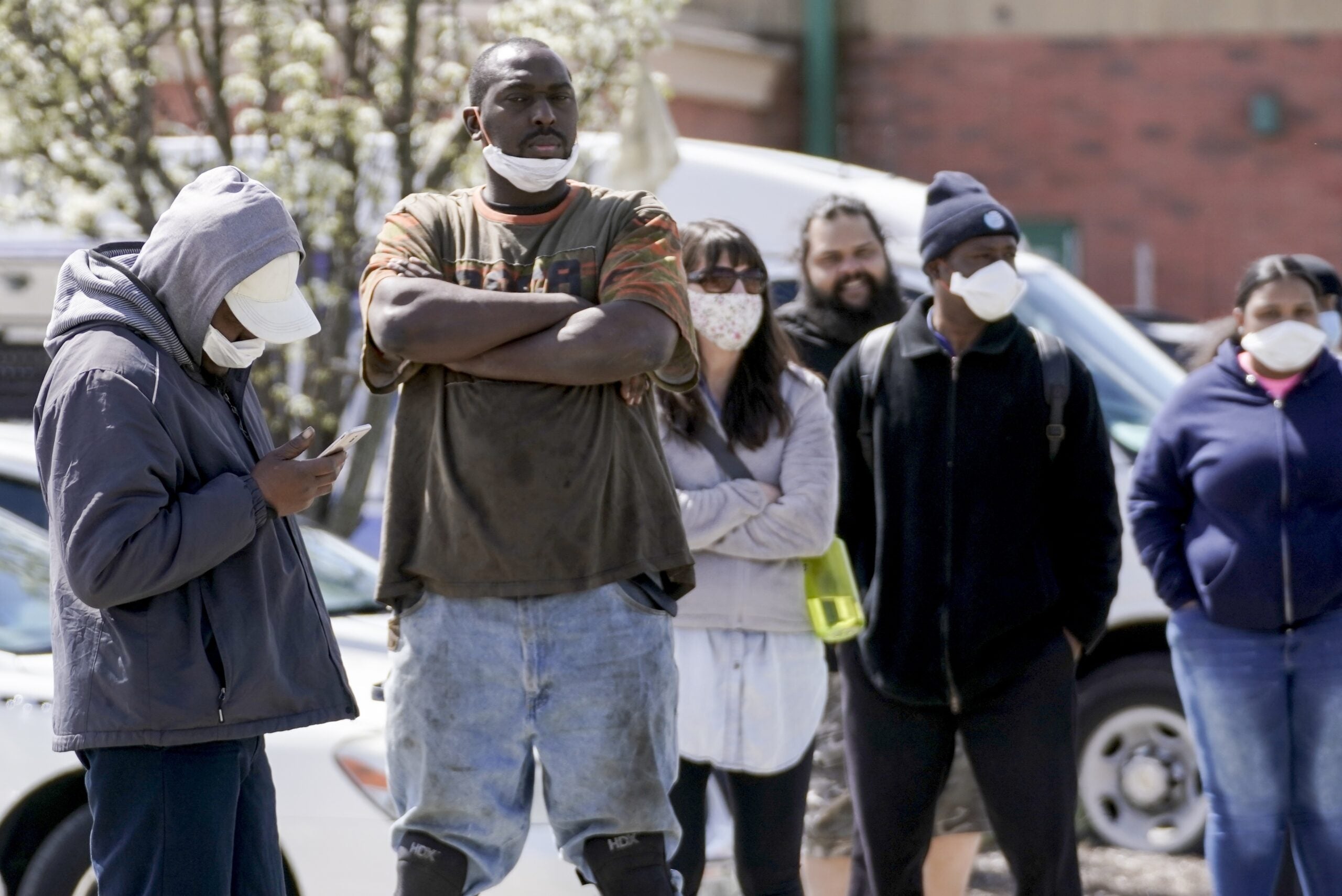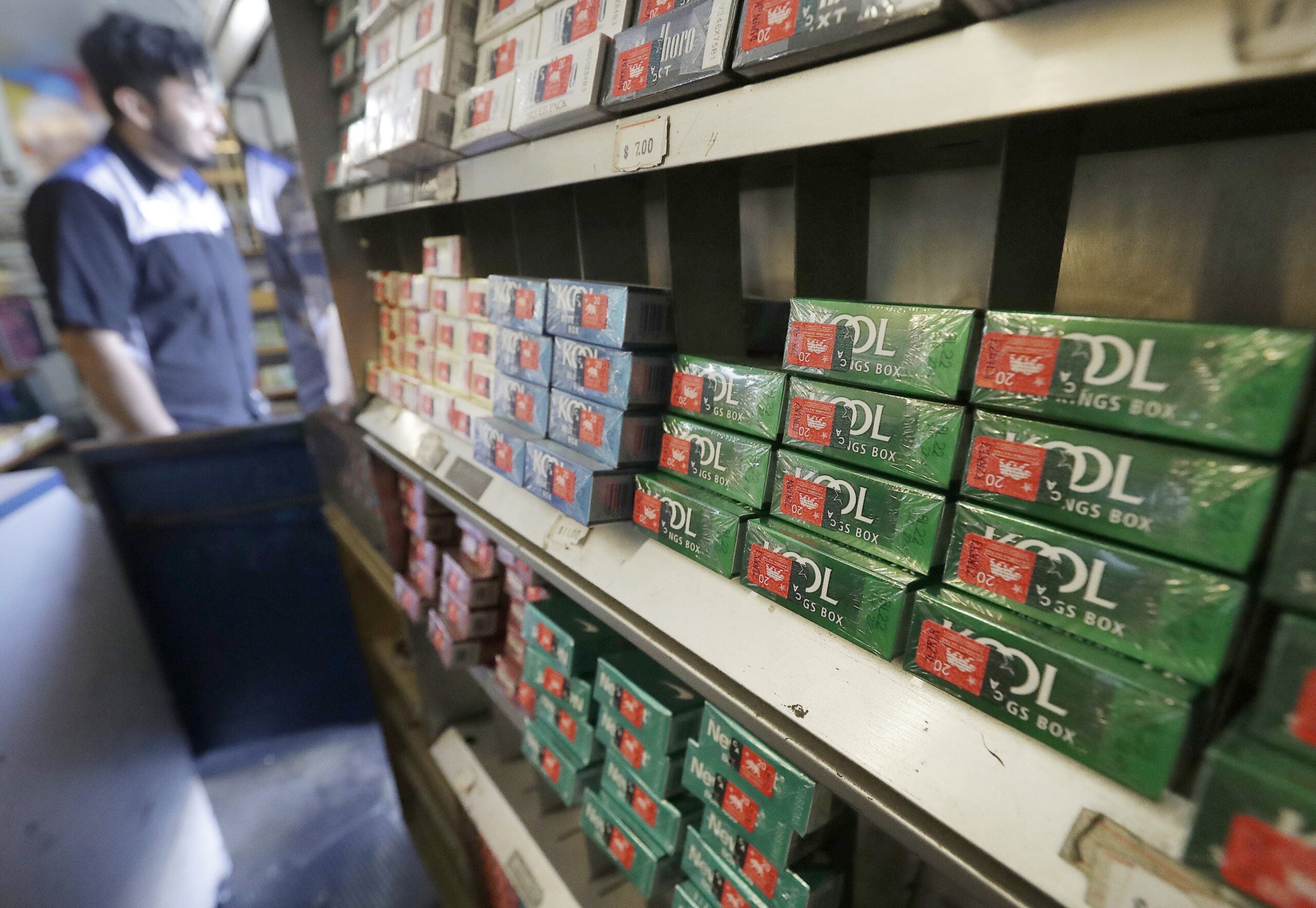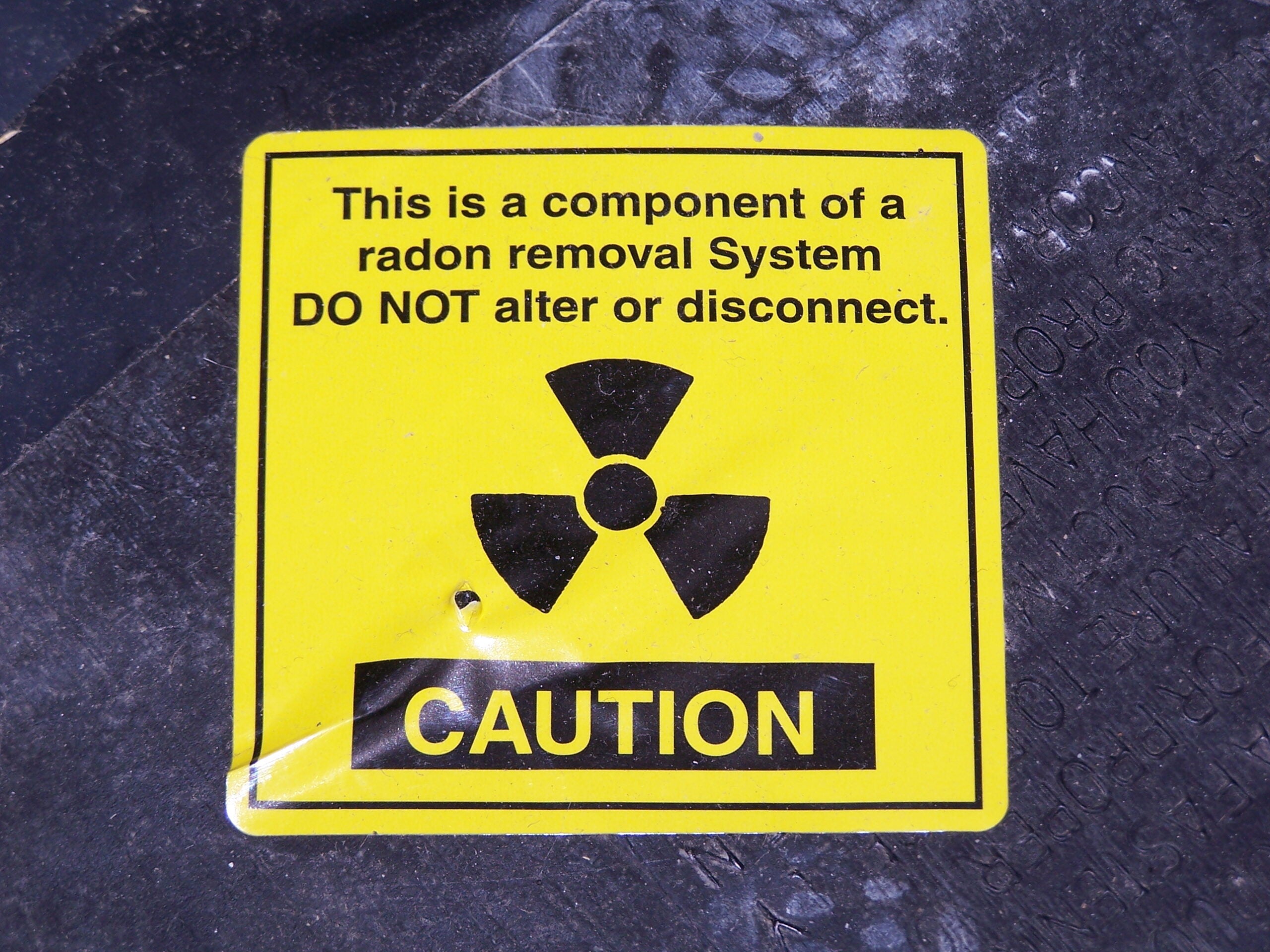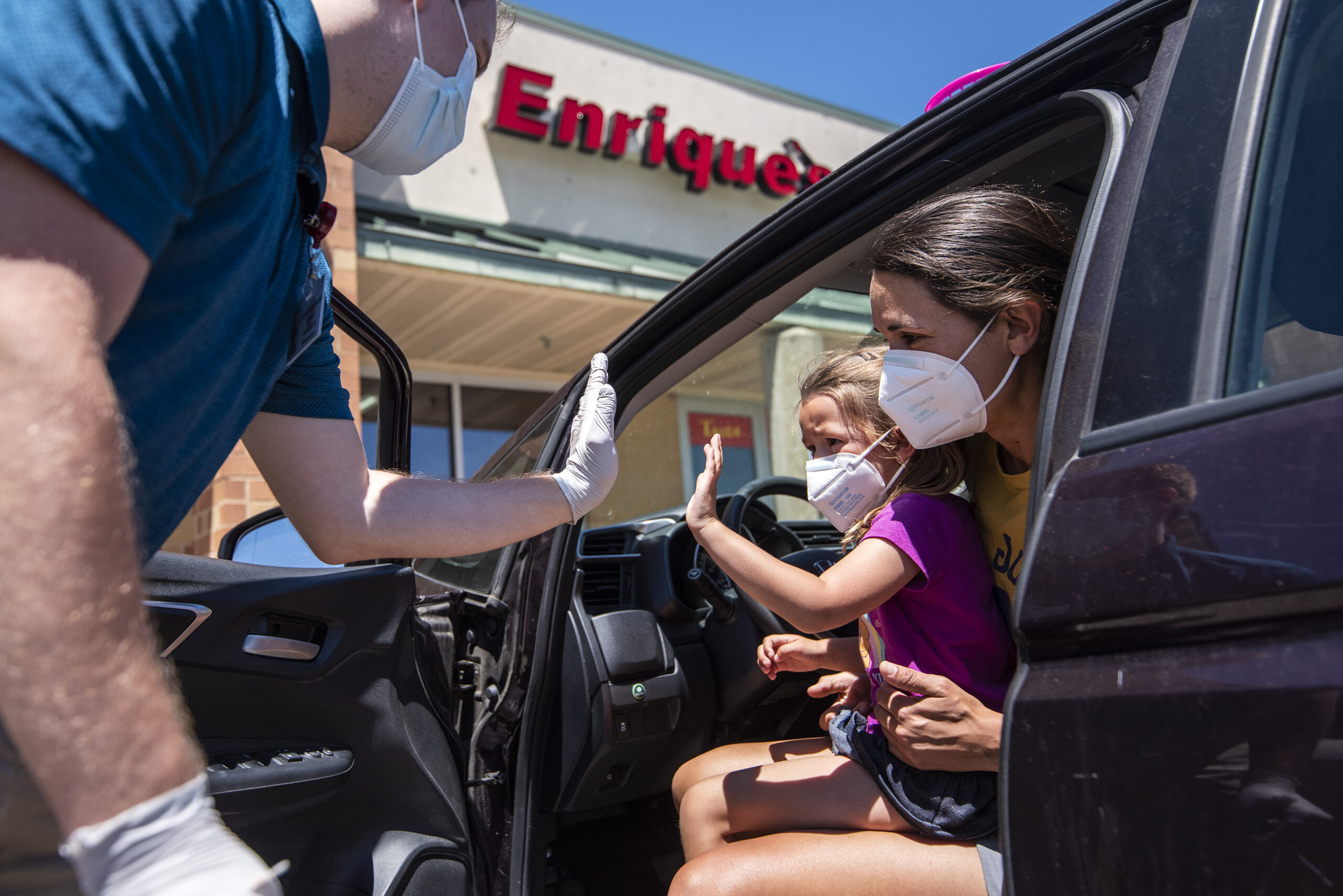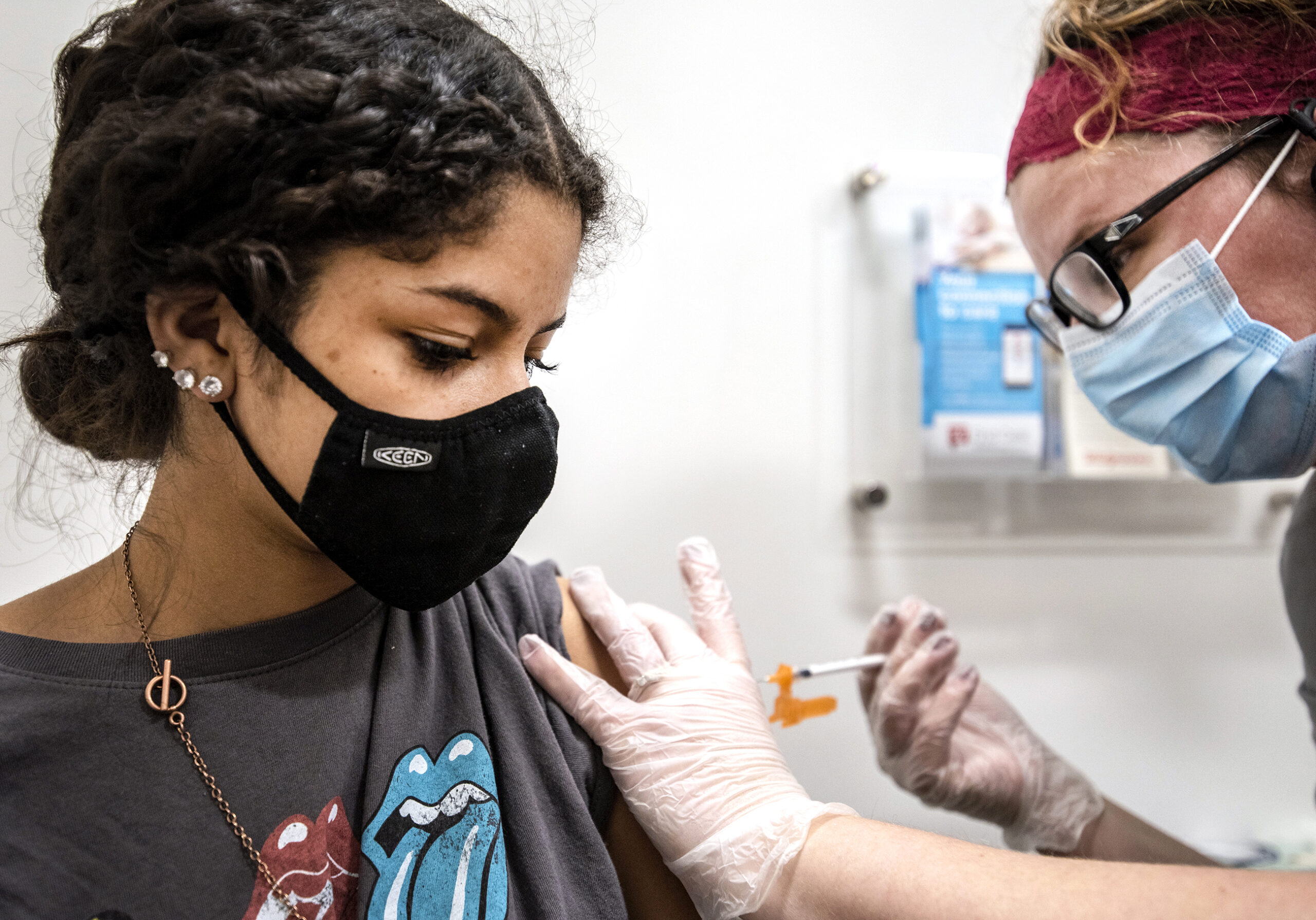As reports of new COVID-19 cases rise to record highs, officials across the state say Wisconsinites aren’t getting enough coronavirus tests.
Lower testing rates are likely the result of several factors, Milwaukee County Emergency Management Medical Director Dr. Ben Weston said last week. Studies have shown people are least likely to experience cold and flu symptoms in August, which could explain why fewer people are seeking out tests, he said.
He said it’s also likely people are experiencing “COVID-19 fatigue.”
Stay informed on the latest news
Sign up for WPR’s email newsletter.
“While the pandemic and the need for testing may have been more in the front-of-mind a few months ago, there’s a sort of numbness to the pandemic that has developed more recently,” he said.
In Milwaukee County, where COVID-19 case and death totals have been highest, testing peaked in mid-July with the seven-day average for total tests performed per day reaching 4,169.
The county aims to perform more than 4,000 tests per day with a positivity rate below 5 percent. It’s not currently meeting that metric. On Wednesday, the seven-day average for total tests performed was just 2,019.
Since the beginning of this month, the state’s seven-day average for percentage of positive tests has risen dramatically, according to data from the Wisconsin Department of Health Services. On Sept. 1, it was 8.5 percent. On Friday, it was 13.6 — the highest it’s reached since the pandemic began. Public health experts say a high positivity rate could indicate too few tests are being performed.
“We absolutely want everyone who needs a test to get a test, even the mildest of symptoms. It’s how we inform public health action,” DHS Secretary Andrea Palm said at a Sept. 3 news conference.
Demand for COVID-19 testing has declined nationally, she said.
Dr. Ryan Westergaard, chief medical officer for the DHS Bureau of Communicable Disease, said estimates indicate 40 percent of people carrying the coronavirus don’t have symptoms, yet those people spread about 50 percent of new infections.
That’s why it’s important for anyone to get tested if contact tracing determines they’ve been in close proximity with someone confirmed to have the virus, he said.
“I think it’s very safe to say that we’re not doing enough tests,” Westergaard said at a news conference earlier this month.
Preliminary data from DHS showed the state had capacity to test 38,530 samples on Thursday, while 17,276 actual tests were conducted. At least 25 additional labs are planning to come online, according to DHS.
“The state’s capacity for testing is very good and continues to increase,” Dr. Ajay Sethi of the University of Wisconsin-Madison School of Medicine and Public Health said via email.
Sethi said he expects demand for testing to increase as cold and flu season returns. Mandatory testing at some universities is also likely to boost the state’s numbers in the coming weeks, he said.
At their most recent news briefing, state health officials said Wisconsin’s laboratory capacity far outpaces testing demand for now, though DHS didn’t make anyone available for this story to discuss whether supply chain issues could play a role in Wisconsin’s testing dip.
Palm said last month that her agency has heard reports from hospital partners that their supplies of coronavirus testing reagent had been diverted to other states.
In August, Advocate Aurora Health suspended COVID-19 testing before some medical procedures due to a lack of supplies. The nonprofit hospital system has since increased its testing capacity. It began reintroducing pre-procedural testing this month and reopened a community testing site in Kenosha, according to a statement shared Friday.
“This situation remains fluid across the country and at Advocate Aurora Health. As always, patient and team member safety remain our highest priority,” the statement read.
COVID-19 testing may also be more difficult to access in some parts of the state than others. On Thursday, Sue Kunferman, director of the Wood County Health Department, spoke on a Wisconsin Health News panel, where she said the department has experienced some problems accessing tests.
“We have symptomatic individuals seeking care, and they’re not able to get a test because we don’t have the supplies in Wood County needed to run those tests,” she said.
Kunferman did not respond to an interview request from WPR.
Wisconsin Public Radio, © Copyright 2025, Board of Regents of the University of Wisconsin System and Wisconsin Educational Communications Board.
